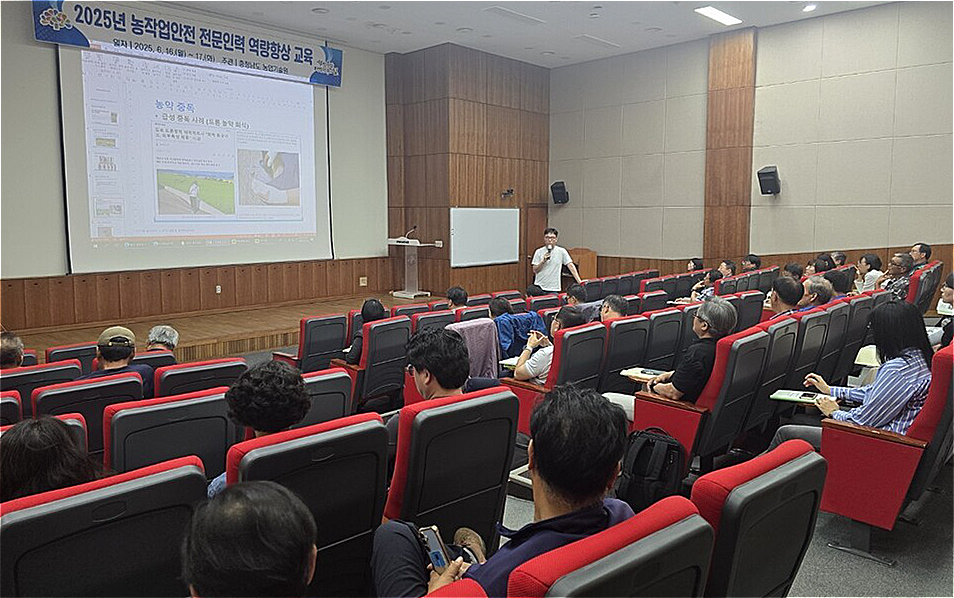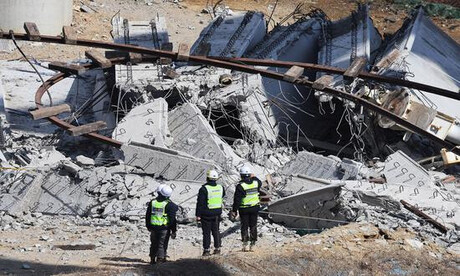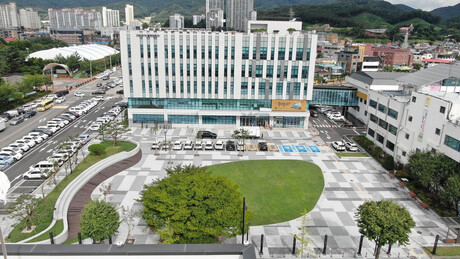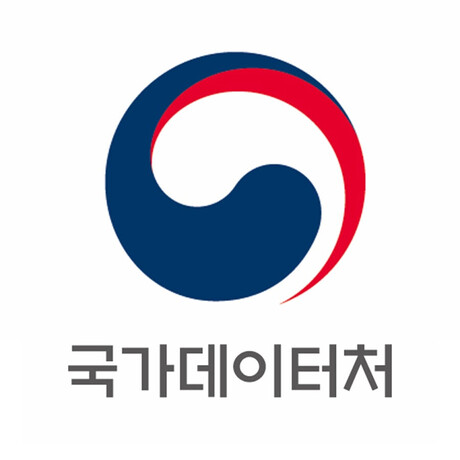
CHUNGCHEONGNAM-DO – To bolster the capabilities of agricultural safety personnel, the Chungnam Agricultural Research & Extension Services (ARES) held a two-day "2025 Agricultural Work Safety Professional Skill Enhancement Training" on June 16-17 at the institute's main auditorium. The program brought together 65 agricultural safety managers and administrators, aiming to significantly improve their ability to respond to various agricultural hazards and enhance their expertise in delivering safety education.
A Focus on Practical Skills and Real-World Application
The core objective of this training was to elevate on-site responsiveness by combining theoretical instruction, heavily focused on accident case studies, with practical, skill-building exercises. This dual approach ensures that participants not only understand safety principles but can also effectively apply them in real-world scenarios.
The first day of the training featured a series of customized sessions that integrated theory and practical application. These included:
Agricultural Accident Case Study-Based Safety Education Techniques: Led by Professor Kim Hyo-cheol of Korea National University of Agriculture and Fisheries, this session delved into effective pedagogical methods for teaching safety through the analysis of past incidents. Understanding how accidents occur and their consequences is crucial for preventing future incidents. This part of the training likely explored various types of agricultural accidents, such as those involving machinery, falls, chemical exposure, and animal-related injuries, providing concrete examples and lessons learned from each.
Emergency First Aid for Disaster Situations: Conducted by the Chungcheong branch of the Korean Red Cross, this vital component equipped participants with immediate life-saving skills. Given the remote nature of many agricultural settings and the potential for serious injuries, prompt and effective first aid can significantly impact outcomes. This practical session likely covered techniques such as CPR, controlling bleeding, managing fractures, and responding to heatstroke, which is a growing concern in agricultural work.
Infectious Disease Prevention and Management: The Chungnam Infectious Disease Management Support Group provided crucial information on preventing and controlling infectious diseases, which can pose significant risks in agricultural environments due to close contact with soil, animals, and other workers. This session likely addressed common agricultural-related infections, hygiene practices, and protocols for managing outbreaks.
Understanding the Agricultural Disaster Insurance System: Park Chan-gyu, an agricultural safety manager, led a session on the intricacies of the agricultural disaster insurance system. This is a critical aspect of agricultural safety, providing a safety net for farmers in the event of accidents or natural disasters. Understanding the scope of coverage, application procedures, and benefits helps ensure that farmers can recover from losses and maintain their livelihoods. This session would have clarified how the insurance system supports farmers and workers in mitigating financial risks associated with agricultural work.
The second day shifted focus to more practical and skill-enhancing programs designed to maximize the effectiveness of the training:
Exemplary Agricultural Work Safety Manager Lecture Demonstration: A highlight of the second day was a lecture demonstration by an outstanding agricultural work safety manager from Hongseong County. This session provided a platform for sharing best practices and successful strategies implemented at the local level, offering tangible examples for other managers to emulate. This could have included innovative safety programs, effective communication strategies, or successful hazard mitigation techniques.
Communication Skill Enhancement Training for Delivery Techniques: Kim Sung-hak, CEO of Eduway, led a session focused on improving communication skills, particularly in the context of delivering safety education. Effective communication is paramount for ensuring that safety messages are understood and adopted by farmers. This training likely covered public speaking, active listening, conveying complex information clearly, and engaging different audiences, crucial for inspiring a culture of safety.
Pioneering Agricultural Safety Initiatives
Chungnam Province has been at the forefront of promoting agricultural safety in South Korea. In 2023, the province launched the nation's first "Agricultural Work Safety Manager Training Program." This pioneering initiative has been instrumental in providing agricultural safety education at the village and organizational levels, significantly contributing to improving farmers' safety awareness. The program aims to create a network of trained individuals who can effectively disseminate safety knowledge and practices within their communities.
Building on this success, Chungnam ARES has taken another significant step this year by selecting agricultural safety administrators for the first time. These administrators are tasked with accelerating the establishment of field-oriented safety and health management systems and proactive activities aimed at preventing serious accidents in agricultural settings. This move signifies a deeper commitment to embedding safety protocols directly into daily agricultural operations. These administrators will likely be responsible for conducting on-site risk assessments, developing safety plans, organizing safety drills, and ensuring compliance with safety regulations, thus playing a critical role in preventing major incidents.
Looking Ahead: A Sustained Commitment to Safety
An official from the Chungnam Agricultural Research & Extension Services expressed strong optimism about the program's impact, stating, "We expect that this training will further strengthen the expertise and response capabilities of agricultural safety management personnel." The official also emphasized the long-term commitment to agricultural safety, adding, "In the future, we will systematically promote follow-up management, including close guidance on preventing heat-related illnesses and on-site monitoring."
This forward-looking approach highlights the province's dedication not only to immediate training but also to sustained efforts in ensuring a safer working environment for farmers. The emphasis on preventing heat-related illnesses is particularly pertinent given the increasing frequency and intensity of heatwaves, which pose a serious health risk to outdoor workers. The continuous monitoring and post-training support will be crucial in reinforcing the learned behaviors and adapting safety strategies to evolving challenges in agricultural work.
The comprehensive nature of this training program, from theoretical knowledge to practical skills and proactive administrative measures, underscores Chungnam Province's commitment to creating a safer and more resilient agricultural sector, ensuring the well-being of its vital farming community.
[Copyright (c) Global Economic Times. All Rights Reserved.]





























